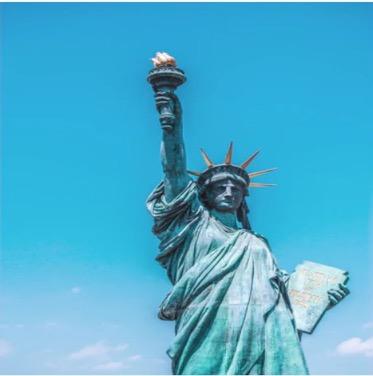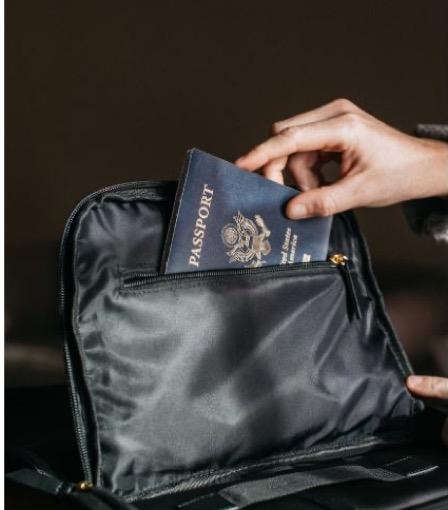Key Facts About US Immigration Policies
The Trump administration has plans afoot to alter the immigration laws into the USA. Here are a few key points as to the situation as it stands now, these being relevant to the most commonly asked questions regarding the subject.

Family-Based Immigration
At present the USA Issues green cards to persons wishing to enter the US who have a spouse, sibling, child or parent who is a US citizen living in the country. In 2017, for example, almost 750,000 immigrants were granted residence this way. The problem is that no single country may – at present – account for more than 7% of the immigrants in a given year, hence persons from countries with greater populations may wait many years for the application to be accepted. President Trump has said that the current administration will priorities this area of immigration to help immediate family members.
Refugee Admissions
One of President Trump’s first moves was to freeze refugee admissions to the USA. This has since been rescinded, and although capped at a maximum of 30,000 persons for 2019, admissions from all countries are now welcome.
Employment-Based Green Cards
Trump plans a point-based green card scheme in which people would be assessed on their skill base. In 2017, more than 130,000 people – workers and their families – were accepted into the USA thanks to being skilled in certain ways. The new plan would, it is claimed, increase the number of green cards issued to people with relevant skills, but there are doubts about its effectiveness.
Diversity Visas
The US Diversity Visa Program also goes by the name ‘the Visa Lottery’ and was intended to expand the diversity of the population of the USA by bringing in people from under-represented countries. Those from nations with the most legal immigrants to the USA are not permitted to apply, these countries being Canada, Mexico, China and India. 50,000 green cards are issued via the scheme each year, with more than 1million people having benefited from the scheme since its introduction in 1995. The Trump administration has plans to cancel the scheme completely.
H1-B Visas

The H1-B Visa scheme grants temporary residence to persons who meet certain skill requirements, and family members where relevant. During 2017, almost 180,000 ‘high skilled workers’ were granted such visas, along with 160,000 agricultural workers, 80,000 service workers and more than 140,000 associated family members. This is another scheme that is set to be overhauled by the Trump administration in a drive to stem immigration.
Temporary Protected Status
Immigrants from certain countries are granted Temporary Protected Status in which they are permitted to remain in the USA where they would otherwise be sent home, should the circumstances in their country of origin present danger too their person should they return. This includes war and devastating natural disasters such as hurricanes or tidal waves. Currently 10 countries carry this status – including Haiti, Yemen and Nepal – with Syria having been due to lose such status in September, 2019. The program will not be renewed for many of these countries once the allotted time period is over.
More to Read:
Previous Posts:










